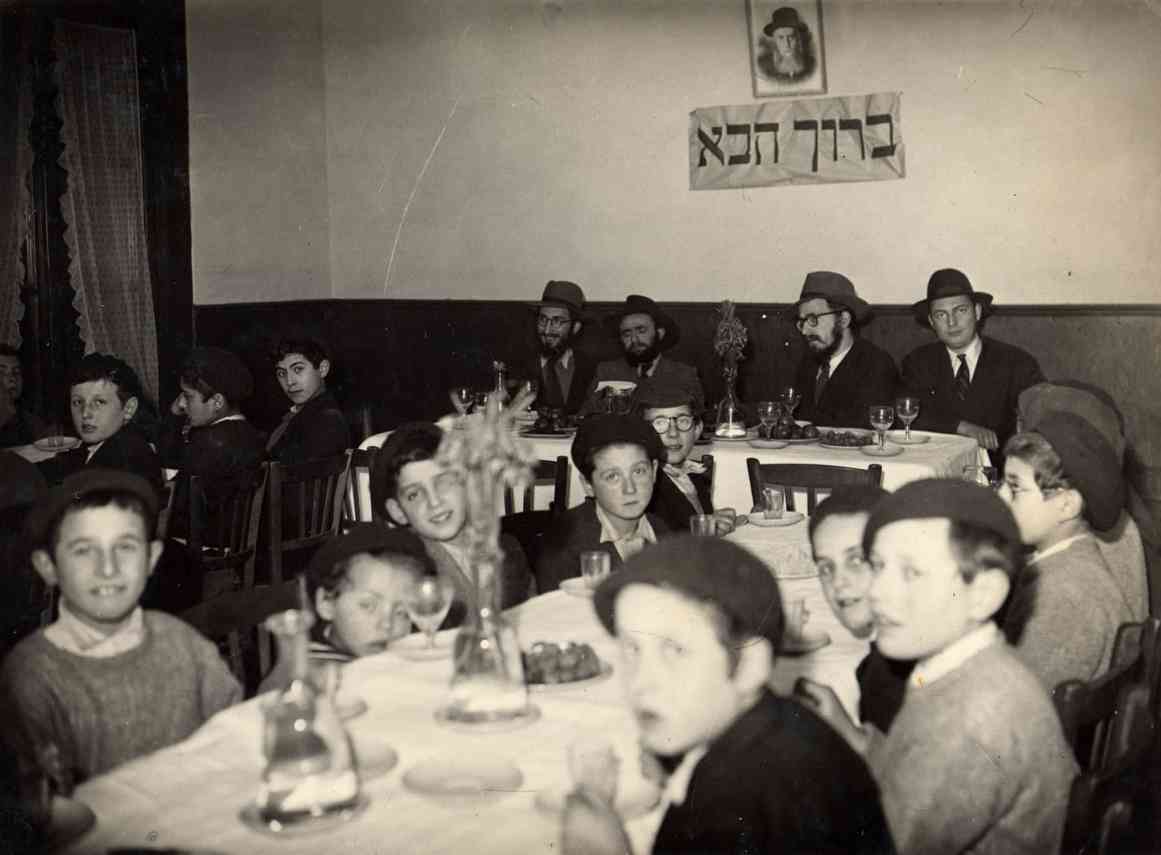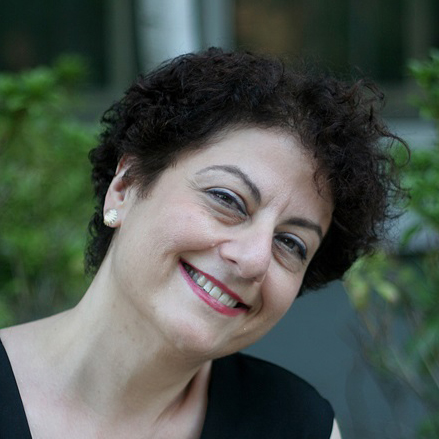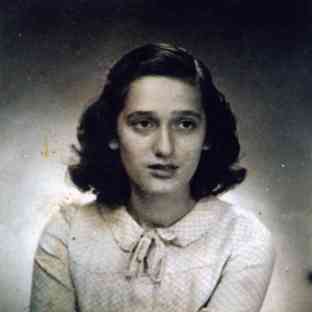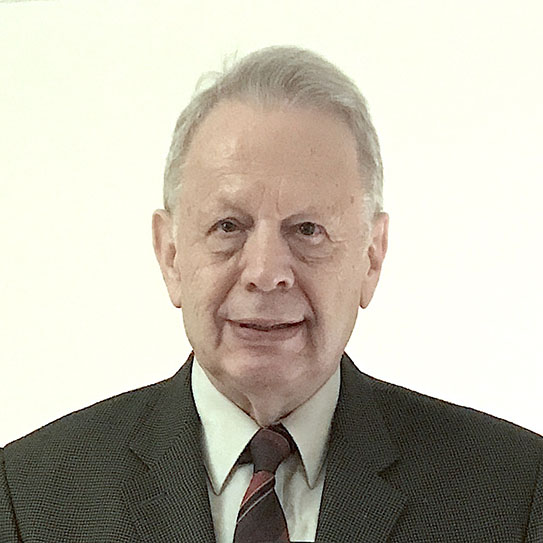Political and Spiritual Resistance, from Russia to France: The Extraordinary Case of Rabbi Zalman Schneerson

|
Ruth Gay Seminar in Jewish Studies
Inaugurated in 2008 thanks to a major gift from the family of Ruth Gay, the Ruth Gay Seminar in Jewish Studies was established in honor of Ruth Gay (1922-2006), the noted American Jewish historian and writer. This series is given by scholars who use the YIVO Archives and wish to share their research with the public. Admission: Free | RSVP Required |
Harriet Jackson will discuss the relief, rescue, and resistance activities of Rabbi Zalman Schneerson and the Association des Israélites pratiquants (AIP) in Vichy France, 1940-1944. The rabbi's prior experience in clandestine activities and spiritual resistance in Soviet Russia served as a training ground, she believes, for the later resistance work he undertook in Vichy. Schneerson and his family were able to shelter, feed, and educate more than eighty children during the war, save at least fifty-three children from deportation, and help smuggle at least thirty-five children to Switzerland. Strengthened by his faith and love of the children whom he was protecting in Vichy France, the rabbi was fearless against his political enemies and remained strictly observant while protecting the lives of himself, his family, his staff and children under his care. That Schneerson and his family survived and rescued Jewish refugees in Vichy France, a regime that willingly deported nearly half of its foreign Jewish population to death camps, demonstrates that he and his wife Sara were not novices in clandestine work and operated within a larger Resistance network. Indeed, their staunch resistance to Vichy antisemitism was largely a legacy of Hasidic resistance to antisemitism under Stalinist rule.
Jackson will be joined by Hadassa [nee Schneerson] Carlebach who will discuss her experiences during the war which led her to become a public speaker on the Holocaust, and Professor Mordechai Paldiel (Yeshiva University) who will offer observations about Jackson’s talk, and discuss his own experience in France during the war, his work as a writer, professor, his work at Yad Vashem, and his latest book on Jews saving Jews.
Light refreshments will be served following the program.
About the Speakers

Harriet Jackson earned an M.Phil in History and French Studies at New York University. She also studied for several years in France (Sorbonne, Paris and the Ecole des Hautes Etudes en Sciences Sociales). Her Master’s essay examined popular antisemitism in France between the two world wars. Her dissertation examined the impact of the First World War on the development of social welfare benefits in France. During her career in academic publishing at Columbia University and Gale/Cengage, she worked with some of the world’s greatest historians and, together, they helped pioneer digital historical archives and databases for teaching American, European and World history as well as the Civil Rights Movement. One of her favorite jobs, she openly confessed, was working as the French historian/Archivist at YIVO from 2005-07, where she met extraordinary individuals—survivors of the Holocaust & builders of Yiddishkeit. She had the life-altering opportunity of processing RG 340: The records of the Association des Israélites Pratiquants of Rabbi Zalman Schneerson. Compelled to include the resistance and rescue work of Rabbi Schneerson, his family, and the Association des Israélites pratiquants in the historiography on resistance in Vichy France, Harriet organized a conference on Jewish rescue in 2011 at Columbia University with Professor Emeritus Robert Paxton. The proceedings were edited by Professor Emeritus Vicki Caron as a special issue of French Politics, Culture & Society, vol. 30, #2, Summer 2012. Harriet, still concerned with the issues of diversity and antisemitism in France, has turned her attention to current events and, as an independent scholar, studies how interfaith efforts in France and the United States can promote tolerance and combat racism, antisemitism and islamophobia. She currently works at Teachers College, Columbia University.

as a young girl in
France, 1944.
Hadassa [nee Schneerson] Carlebach is an educator and public speaker about the Holocaust, reaching out to both young people and adults. Born in Leningrad in 1927, she left Soviet Russia in 1935 for Palestine with her parents Rabbi and Mrs. Schneur Zalman and Sara Schneerson. In 1936 the family left for France. From 1941 to 1945 Hadassa was involved in underground rescue efforts organized by her father Rabbi Schneerson. Among her numerous activities, Hadassa worked in various children’s homes established by her father in the south of France. Her underground work included supervising young children being transported from the Vichy area to Marseilles. While in semi-hiding in Marseilles, Hadassa continued taking care of young children who had been separated from their parents, in various localities. Participating actively in her father’s agricultural training program, which was part of his clandestine mission, Hadassa worked in the chateau de Seignebon, helping with the haying, the raising of chickens and other farm work. In Grenoble, Departement of Isere [French Alps] Hadassa was responsible for a group of children age 4 to 11 and prepared children to be smuggled out of France into Switzerland. In 1945, after the liberation of France, Hadassa helped her father Rabbi Schneerson in a massive search for hidden children who might have been left in the care of Christian homes. In 1947 Hadassa immigrated to the United States with her parents, married Rabbi Eli Chaim Carlebach, and raised her family in New Jersey and taught young children at the Jewish Educational Center in Elizabeth, New Jersey. For the past 10 years Hadassa has been combining her visits to her grandchildren and great grandchildren with frequent public speaking engagements on the events of the Holocaust.

Mordechai Paldiel is a professor of Holocaust Studies at Yeshiva University and the author of 11 books primarily on the subject of rescue activities during the Holocaust with focus on the history of Righteous Gentiles. He was the Yad Vashem director of the Righteous Among the Nations Department, and was instrumental in awarding the Righteous title to many non-Jewish rescuers of Jews of the Holocaust. Born in Belgium, Dr. Paldiel spent part of his childhood in France, and found refuge for a brief time in one of the children’s homes of Rabbi Zalman Schneerson. His family was eventually helped by a priest to make their escape to Switzerland. His most recent publication, “To Save One’s Own,” 2017, deals with Jews helping fellow Jews to survive during the Shoah.




